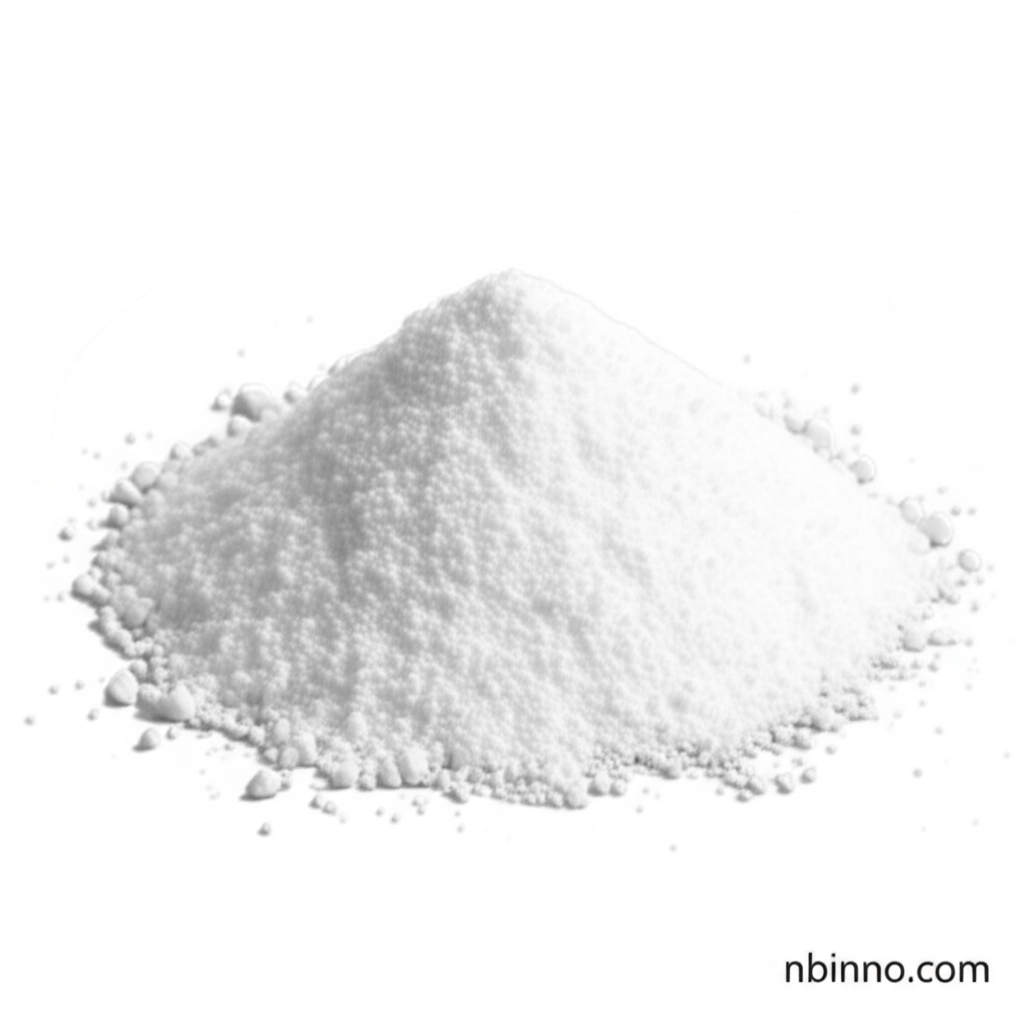DBNPA: High-Performance Broad-Spectrum Biocide for Industrial Water Treatment and Paper Manufacturing
Discover the power of DBNPA, a leading industrial biocide offering rapid, broad-spectrum microbial control. Essential for papermaking, water treatment, and beyond. Source high-quality DBNPA from trusted manufacturers in China for your critical applications.
Get a Quote & SampleUnrivaled Microbial Control for Industrial Applications

2,2-Dibromo-3-nitrilopropionamide (DBNPA)
As a premier DBNPA supplier in China, we offer a superior grade of 2,2-Dibromo-3-nitrilopropionamide, a potent broad-spectrum biocide. Our DBNPA is trusted by industries requiring stringent microbial control, ensuring product integrity and operational efficiency. We pride ourselves on providing consistent quality and competitive DBNPA price.
- Effective DBNPA for water treatment applications, preventing algae and bacterial growth in cooling systems.
- High-purity DBNPA supplier for the paper industry, vital for slime control and preserving paper quality.
- Purchase DBNPA for coatings and adhesives to ensure product longevity and prevent microbial degradation.
- Reliable DBNPA manufacturer in China committed to delivering exceptional performance and value to our clients.
Key Advantages of Our DBNPA Biocide
Rapid and Broad-Spectrum Efficacy
DBNPA is renowned for its fast-acting capabilities, effectively combating a wide range of bacteria, fungi, yeast, and algae. This makes it a critical component for maintaining microbiological control in demanding industrial environments.
Environmental Safety and Degradation
A significant advantage of DBNPA is its rapid decomposition in aqueous environments, minimizing environmental persistence. This property, along with its low toxicity and lack of formaldehyde, makes it an attractive choice for sustainable microbial management.
Versatile Industrial Applications
From industrial circulating water systems and papermaking processes to oilfield operations and coatings, DBNPA offers versatile protection against microbial contamination, ensuring operational integrity and product quality across various sectors.
Diverse Applications for DBNPA
Industrial Water Treatment
As a premier DBNPA biocide, it is essential for controlling microbial growth in cooling towers, wastewater treatment, and other industrial water systems, preventing biofouling and operational issues.
Paper & Pulp Industry
Our DBNPA is a key ingredient for slime control and microbial protection in paper manufacturing, enhancing paper quality and production efficiency. If you need to buy DBNPA for paper mills, consult with our experts.
Coatings and Adhesives Preservation
Protect your formulations by incorporating DBNPA. It acts as an effective preservative in paints, coatings, and adhesives, preventing microbial degradation and extending shelf life.
Oil and Gas Operations
In the oilfield, DBNPA is utilized in drilling fluids and hydraulic fracturing to prevent microbial contamination, particularly from sulfate-reducing bacteria (SRB).
